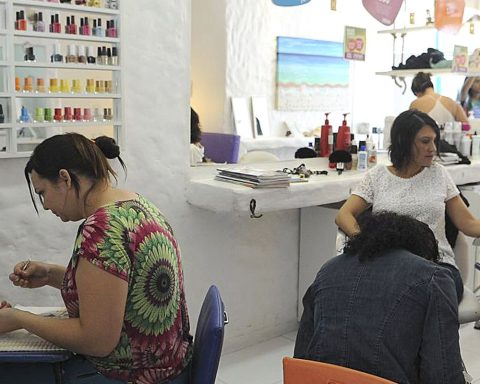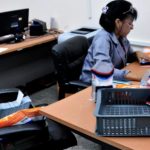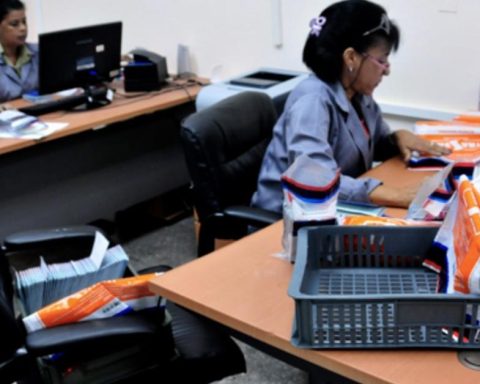The National Confederation of Insurers (CNSeg) estimated today (14) that the sector’s revenue, excluding data from health insurance and personal injury caused by land-based motor vehicles (DPVAT), should close 2021 with an increase of 14.1% over 2020, in an optimistic scenario, and up 9.4% in a pessimistic scenario. Considering the 12 moving months up to October, the sector’s inflow reached approximately R$ 303.4 billion, an increase of 12.6% in the same period last year.
“Only something very serious can lead to growth below double digits”, expressed the president of CNSeg, Marcio Coriolano. The damage and liability segments contributed to the result obtained in 12 moving months up to October, with growth of 13.3% over last year, personal coverage – risk plans (12.9%), personal coverage – plans of accumulation (14%), capitalization (3.5%) and supplementary health (7.1%, in the four moving quarters ended in the 3rd quarter).
The damage and liability segments contribute to this result, with an expansion of 13.3% over last year, personal coverage – risk plans (12.9%), personal coverage – accumulation plans (14%), capitalization (3.5%) and supplementary health (7.1% in the four moving quarters ended in the 3rd quarter).
According to the executive, this year there was a very strong market recovery. Projections for the future will be influenced by the conditions of the Brazilian economy and will expand on a fatter basis this year, he indicated.
For 2022 compared to 2021, the insurance industry forecasts an evolution of collection without health and without DPVAT, of 2.6%, in a pessimistic scenario, and 9%, in an optimistic scenario. Coriolano stated that the insurance sector “is very sensitive to the attributes of production, employment and income”. He considered that the health crisis led people to choose to meet basic needs and only then think about insurance. He highlighted, however, that 73% of Brazilians earn below two minimum wages and the market needs to think about serving this portion of the population, mainly with microinsurance and inclusive insurance.
Inflation and interest
The president of CNSeg assessed that projections for the last quarter of 2021 depend on the higher effects of inflation and interest rates on the demand for insurance. He believes that “competition will continue to be stronger, leading to business differentiation, with product segmentation and creation of new products that reach the consumer’s pocket”. He commented, however, that it is still too early to say whether inflation and interest rates can actually compromise the sector.
The president of the National Federation of General Insurance (FenSeg), Antonio Trindade, said that 2021 was a year of great learning for the insurance industry. Due to new technologies, cyber risk insurance rose 165%. Damage and liability insurance also performed well, with revenues from January to September of R$66 billion, 15% more than in 2020; rural insurance (+45%); home insurance (+16%); engineering risk insurance (+25%); car insurance (+7%).
The perspective, according to Trindade, is that these segments will continue to evolve positively.
For the president of the National Federation of Supplementary Health (FenaSaúde), João Alceu, it is impossible not to mention the covid-19 pandemic, which affected, in particular, health and life insurance. Since March of last year until now, the supplementary health sector as a whole has registered 500,000 admissions per covid, 6 million covid exams, at an unforeseen cost of around R$ 26 billion.
“It’s an impact in the vein of health care providers.” He said that despite covid-19 deaths across the country, health insurers served all of their clients on a contract basis. The beneficiary base, which was reduced by 300 thousand people at the start of the pandemic, has already added 1.9 million since June 2020.
uncertainties
The president of the National Federation of Private Pension and Life (FenaPrevi), Jorge Nasser, recalled that 2021 continued to show a challenging scenario and uncertainty caused by covid-19. Until October, the indemnities resulting from deaths from the disease reached more than R$ 5.5 billion, not counting the returns for death in the pension plans. Claims paid up to October totaled R$ 14.2 billion.
The president of the National Federation of Capitalization (FenaCap), Marcelo Farinha, commented that from January to October of this year, capitalization fulfilled its role, raising R$ 17 billion. Capitalization is the second layer of protection for society, he said. The first is the State. Marcelo Farinha expects the premium bonds segment to grow at double digits in 2022, reaching between 14% and 15%.
Subject changed at 9:21 pm to correct information
















